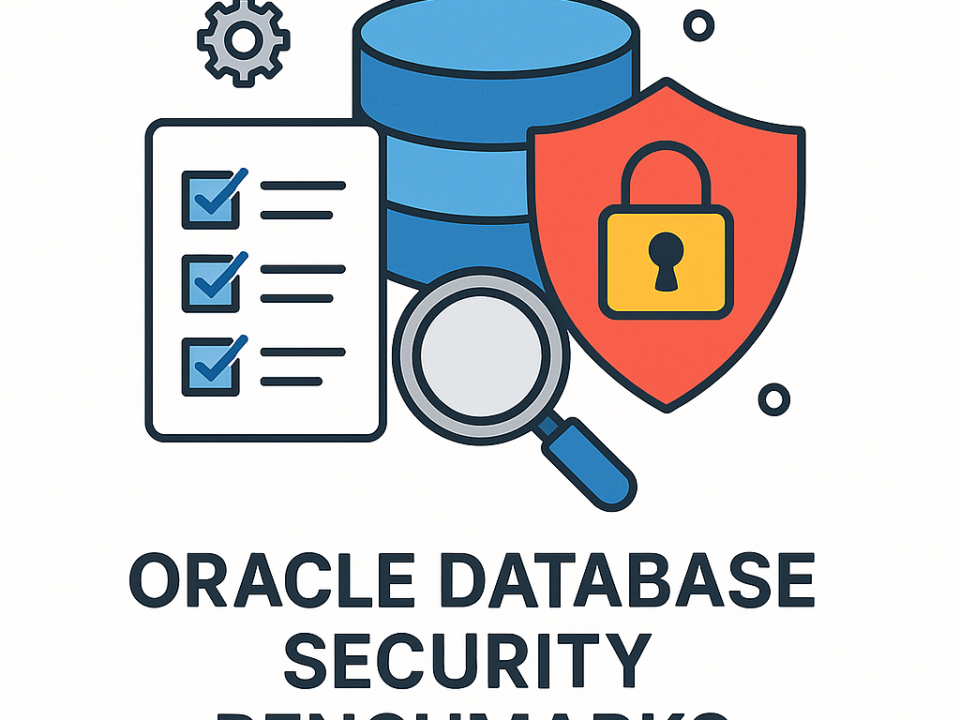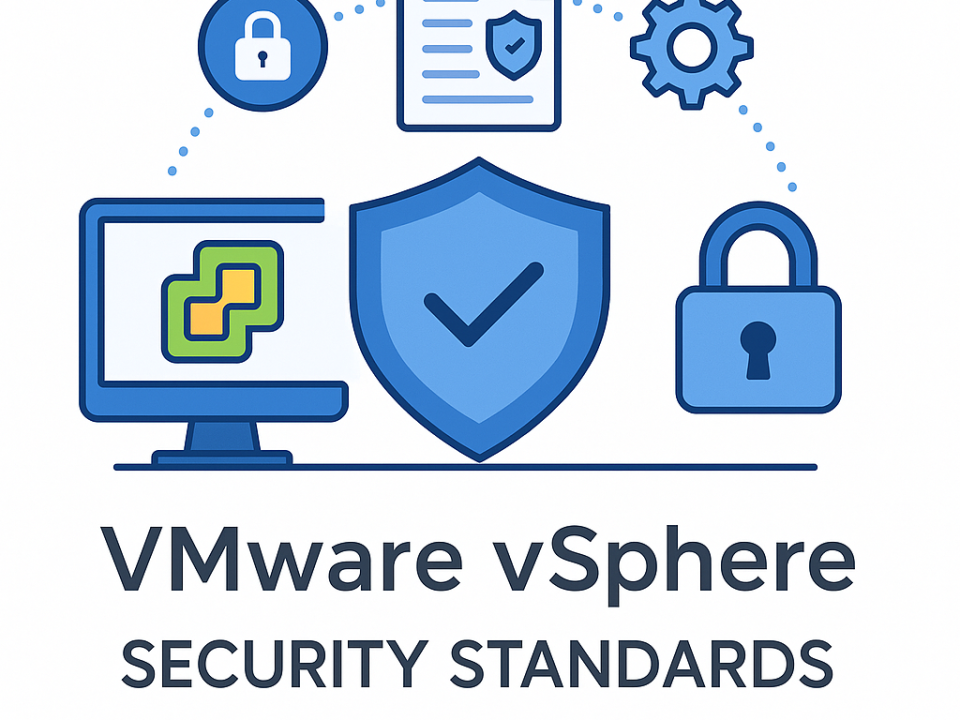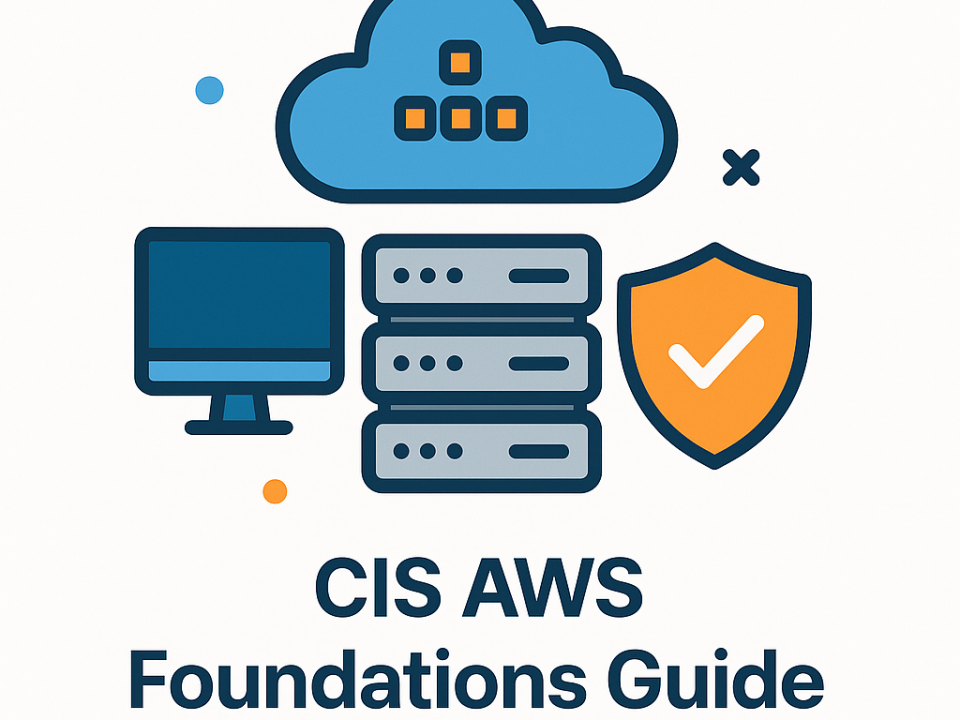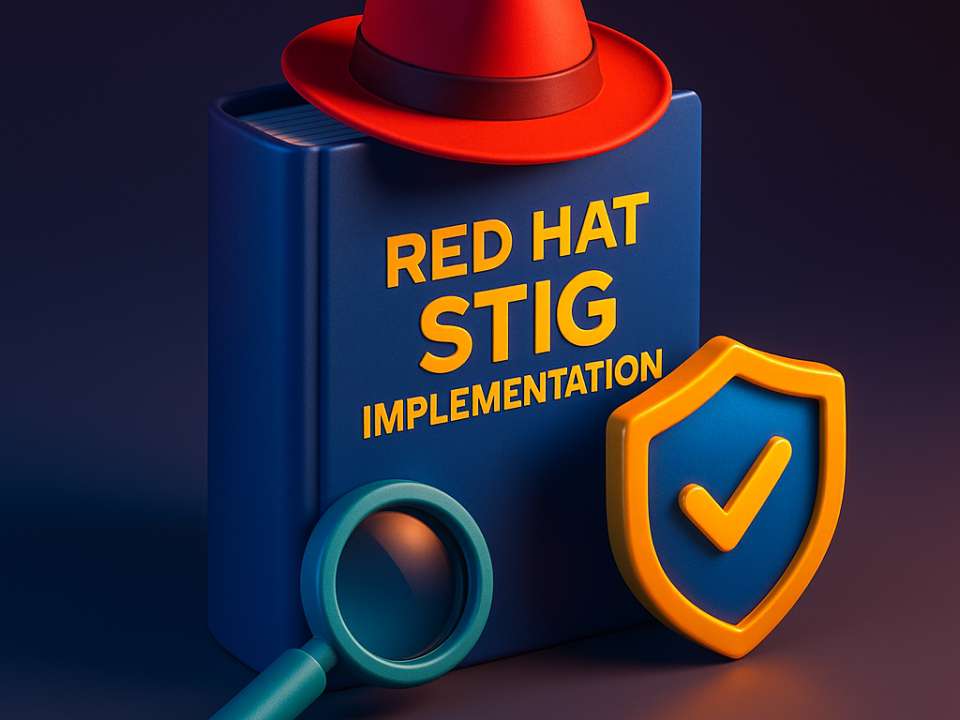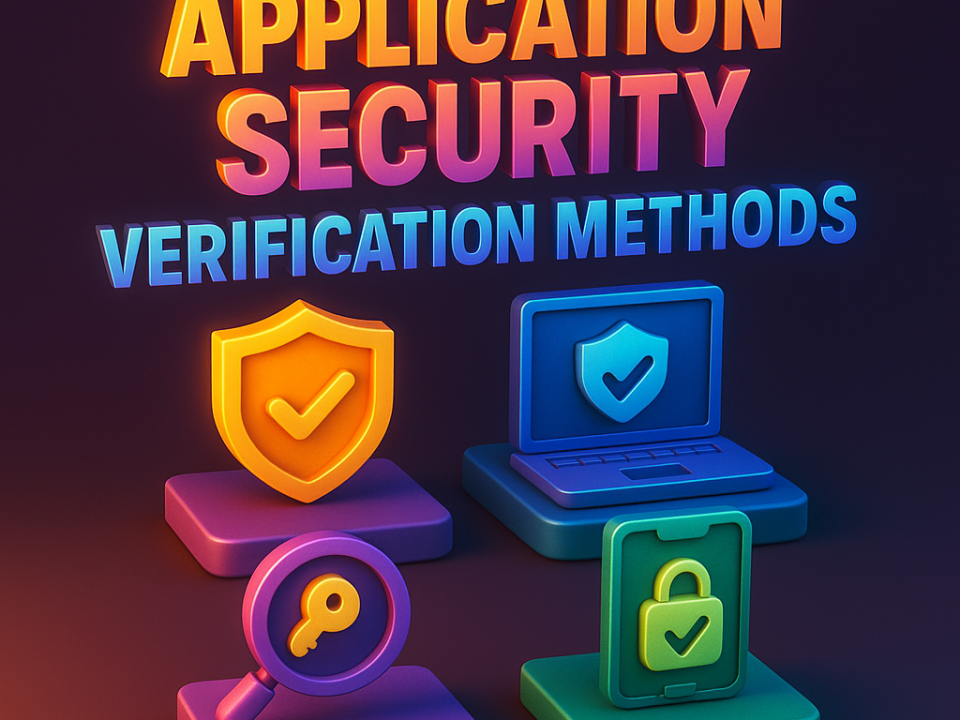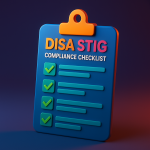
Mastering DISA STIG Compliance: Your Essential Checklist for Success
June 11, 2025
Unlock Your Potential: Mastering OWASP ASVS Level 1 Criteria for Enhanced Security Success
June 11, 2025Unlocking Security Excellence with NIST 800-53 Controls: A Roadmap for IT Professionals
As an IT professional or cybersecurity enthusiast, you’re often tasked with safeguarding sensitive information in an increasingly perilous digital landscape. Your primary goal is to secure your organization’s data and ensure compliance with regulatory mandates. Mastering NIST 800-53 security controls can drastically transform your career trajectory by equipping you with the knowledge and skills necessary to implement robust security practices that protect against today’s cyber threats.
Understanding the Basics of NIST 800-53 Security Controls
NIST 800-53 outlines a comprehensive set of security controls designed to protect federal information systems and organizations. Comprehending these controls is your first step toward becoming a competent security professional. These guidelines not only ensure compliance but serve as a benchmark for integrating security into your organization’s framework.
The Importance of Security Controls in IT
Security controls from NIST aren’t just about meeting compliance; they serve as essential mechanisms that prevent unauthorized access and data breaches. By adopting these controls, you not only enhance security posture but also build trust with clients and stakeholders, paving the way for career advancement and reputation building.
Categorizing Security Controls: Management, Operational, and Technical
NIST 800-53 security controls are categorized into three primary groups: management, operational, and technical. Understanding each category will help you strategically implement the right controls based on your organization’s specific needs. For example, management controls focus on policies and procedures, while operational controls deal with processes, and technical controls are implemented through technology solutions.
Assessing Your Current Security Practices
Before implementing NIST 800-53 security controls, conduct a thorough assessment of your current security practices. Identify existing vulnerabilities and gaps. This not only highlights areas for improvement but also demonstrates proactive risk management to stakeholders, thereby enhancing your professional credibility.
Developing an Implementation Plan
Creating a structured implementation plan for NIST 800-53 security controls is crucial. Break down the process into manageable steps, ensuring to set measurable objectives and timelines. By demonstrating your organizational skills, you will set yourself apart as a proactive contributor to your team’s cybersecurity efforts.
Continuous Monitoring and Improvement
Implementing security controls is not a one-time task. NIST emphasizes the need for continuous monitoring of these controls to adapt to evolving threats. Establishing a routine review process will allow you to refine practices and strengthen defenses, leading to sustained organizational growth and personal career development.
Documenting and Reporting Security Control Implementation
Accurate documentation of your security controls implementation is essential. Use reporting tools and dashboards to convey the effectiveness of these controls to non-technical stakeholders, showcasing your value and facilitating informed decision-making. This skill will undoubtedly catapult your career to new heights.
Investing in Training and Resources
To fully leverage NIST 800-53 security controls, invest in ongoing training and professional certifications. This not only boosts your confidence but also widens your opportunities for career advancement. Organizations value employees who continuously seek to enhance their skills and knowledge.
Conclusion: Your Future in Cybersecurity
Mastering NIST 800-53 security controls is not just about compliance; it’s about securing your place in a critical field that impacts every organization today. By implementing these best practices, you will pave the way for a successful career in cybersecurity, marked by trust, reliability, and expertise.


